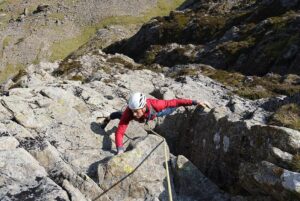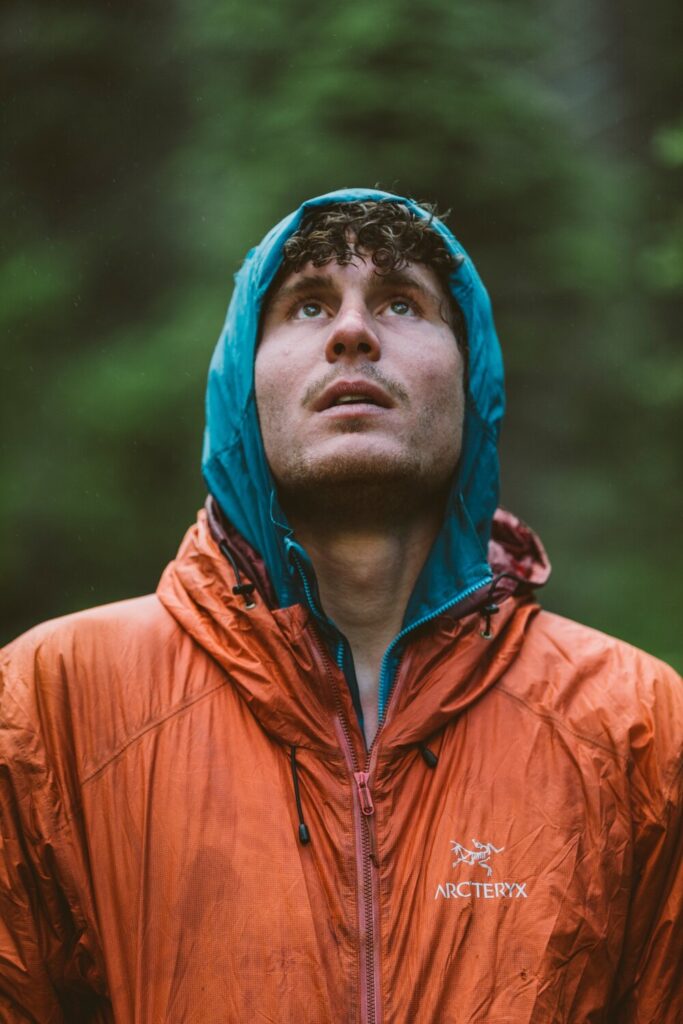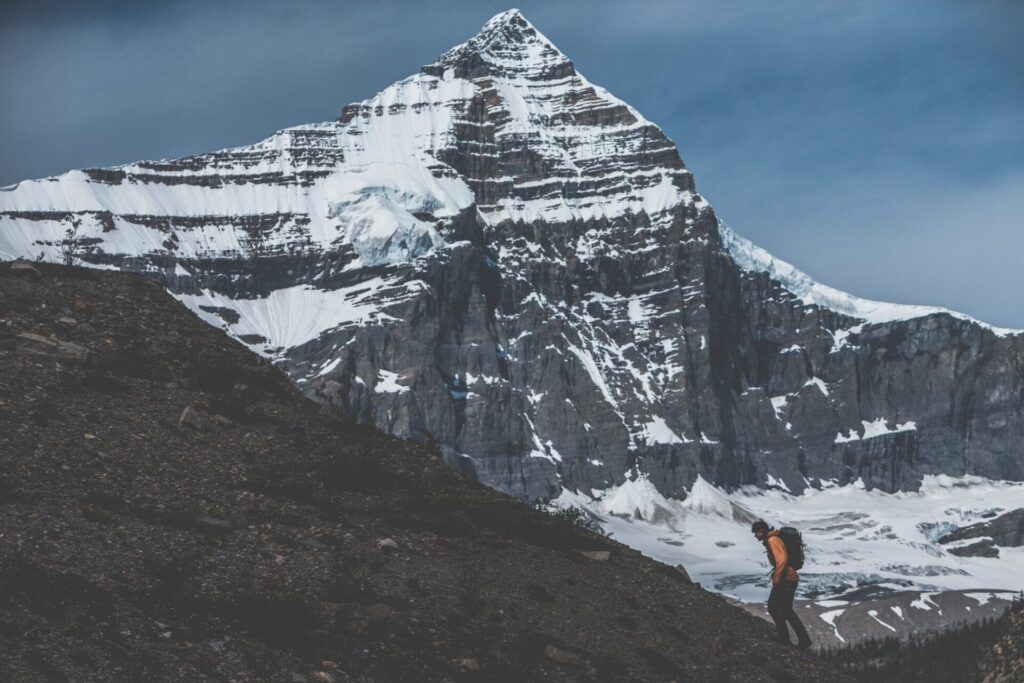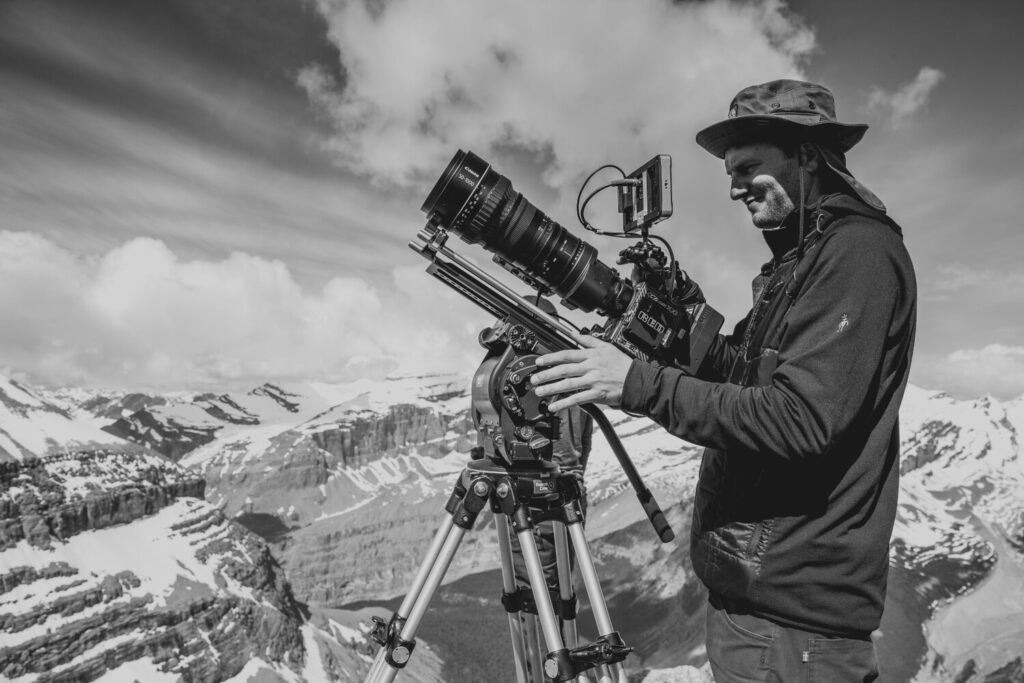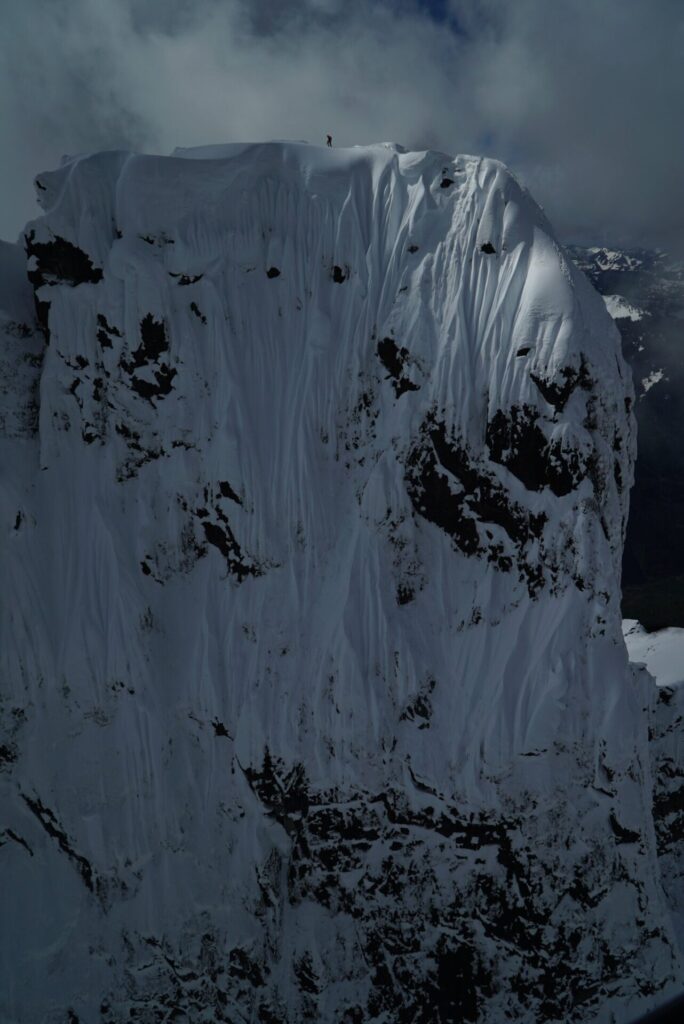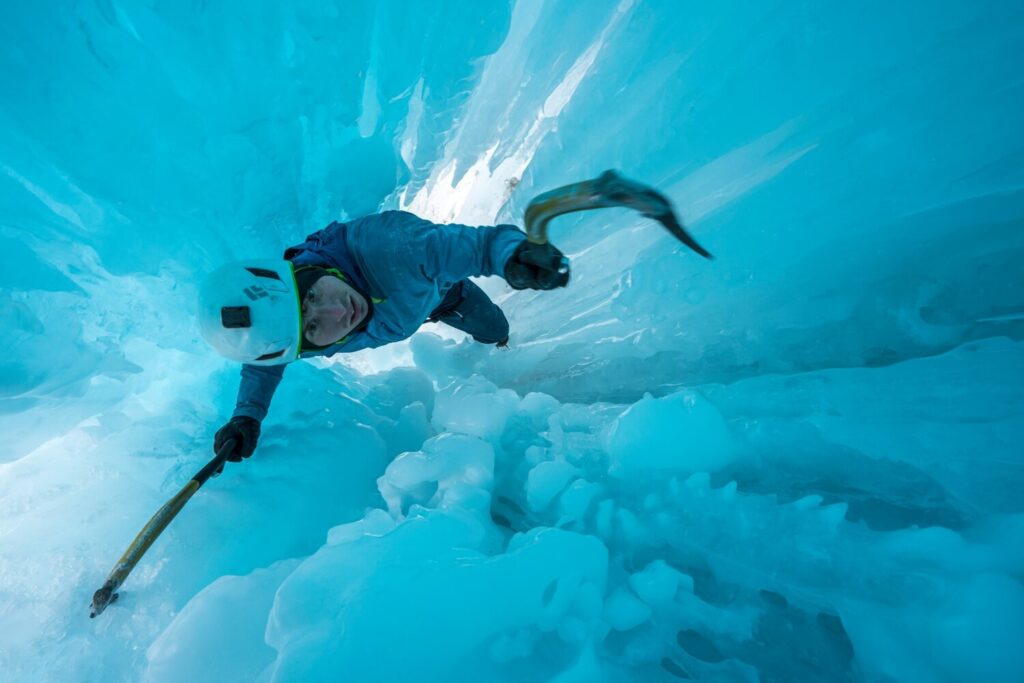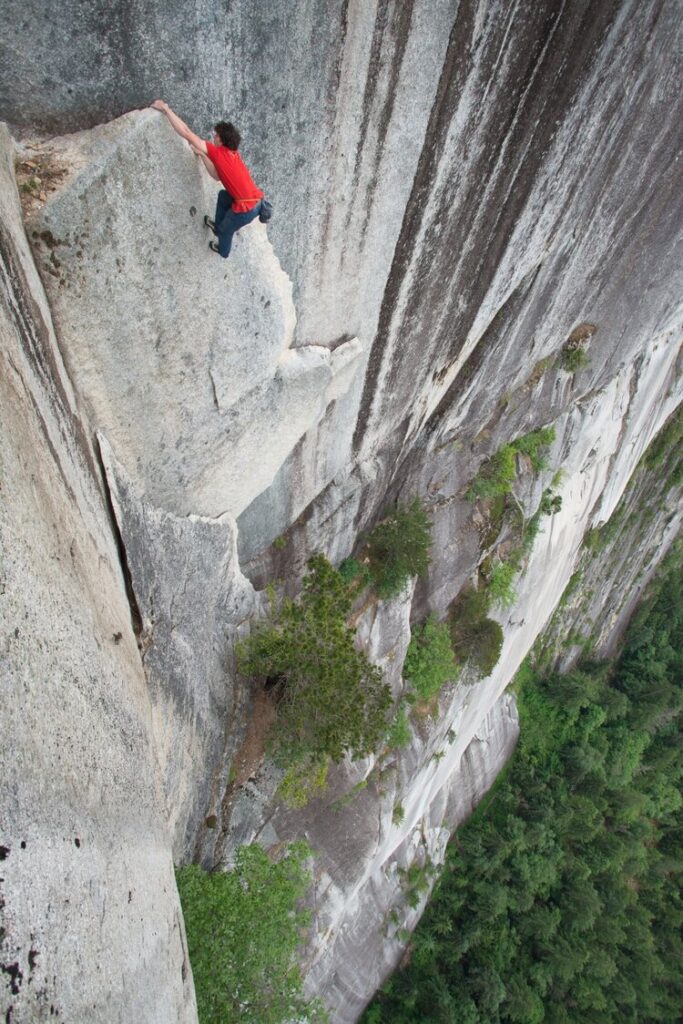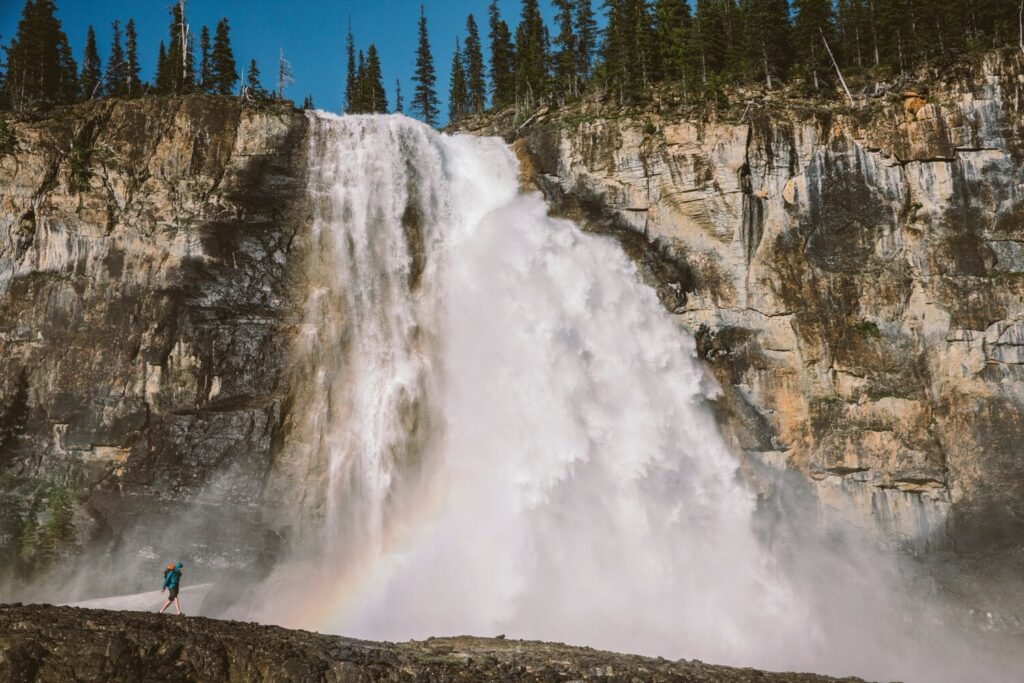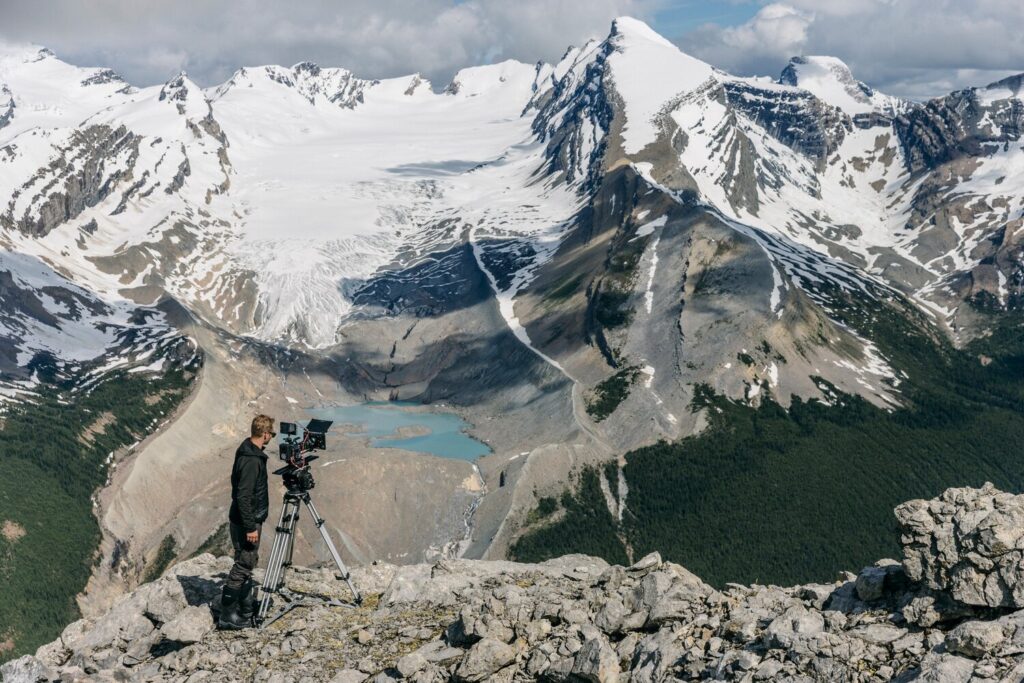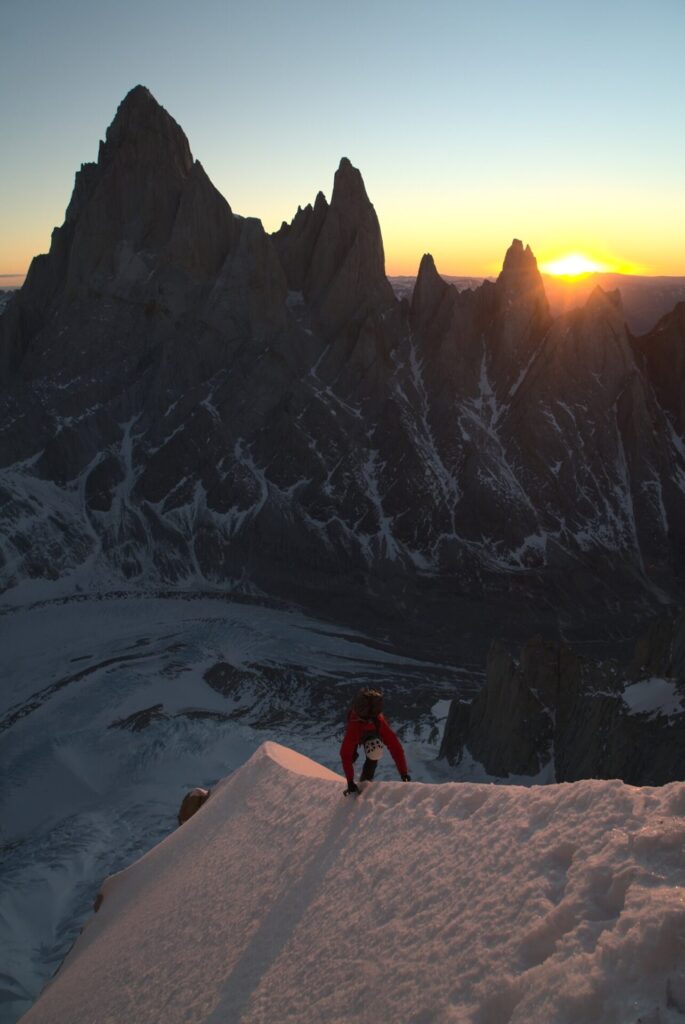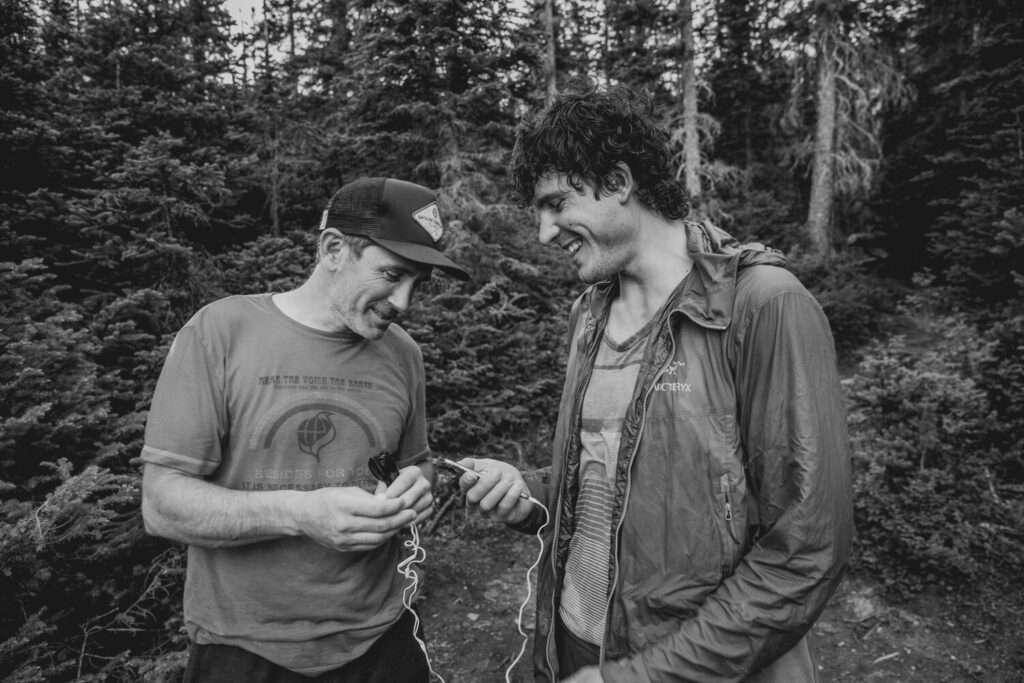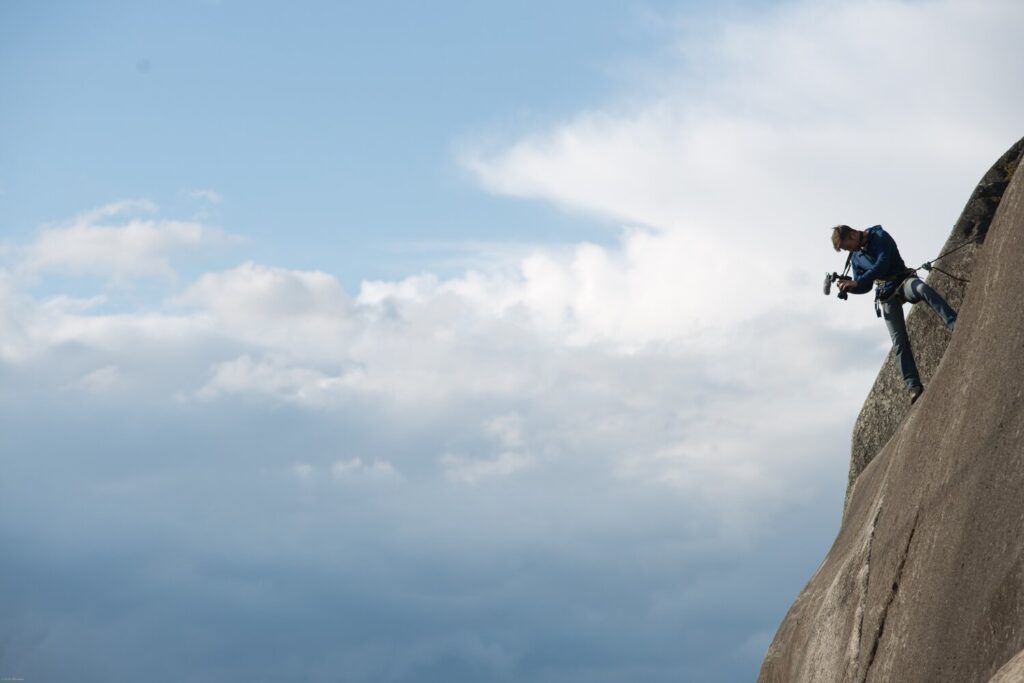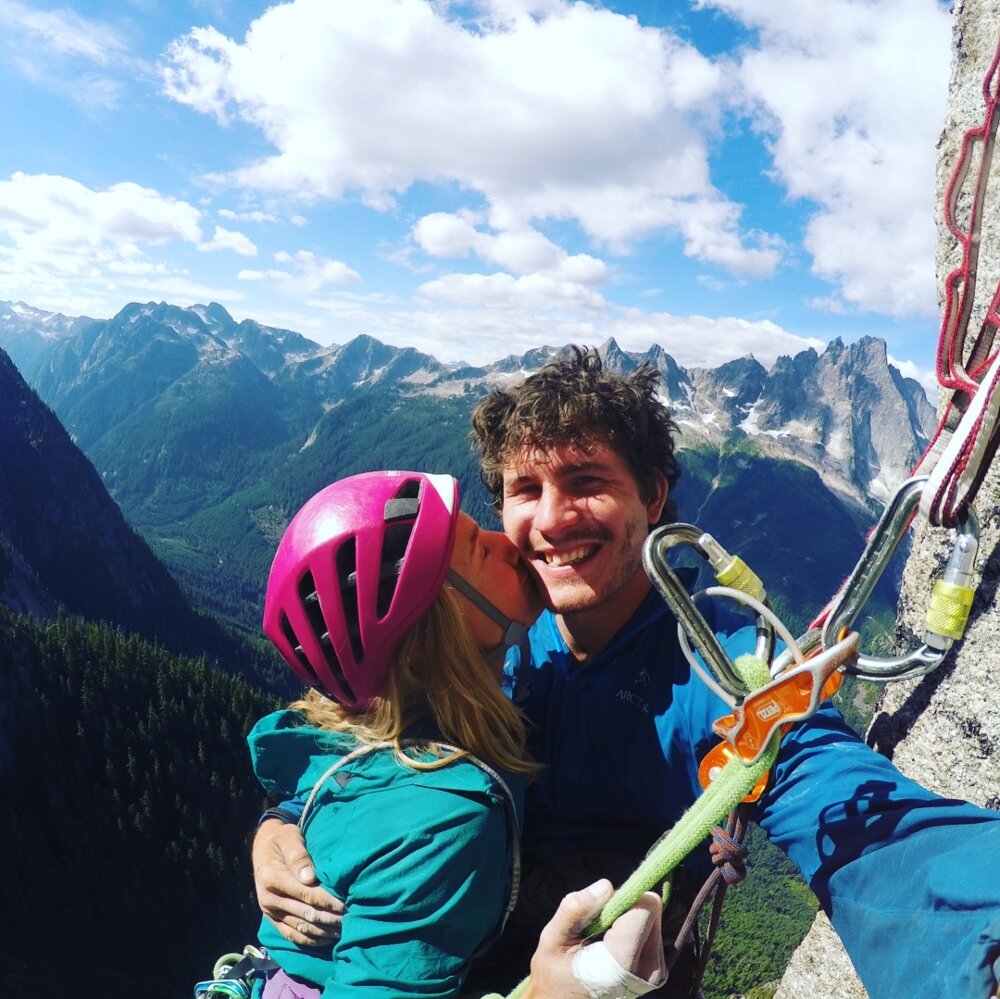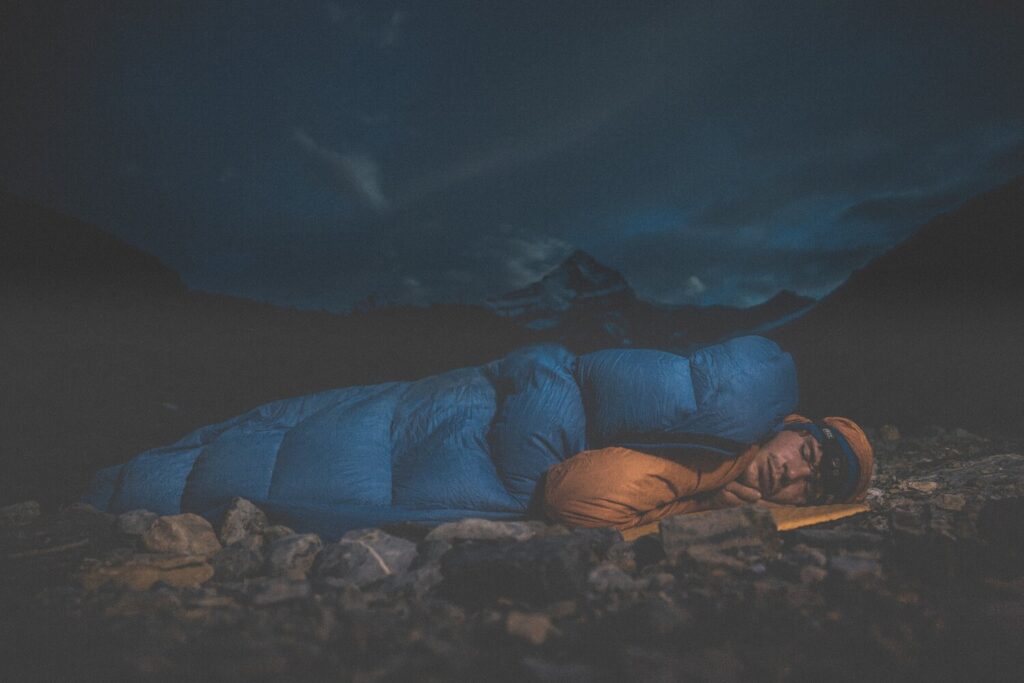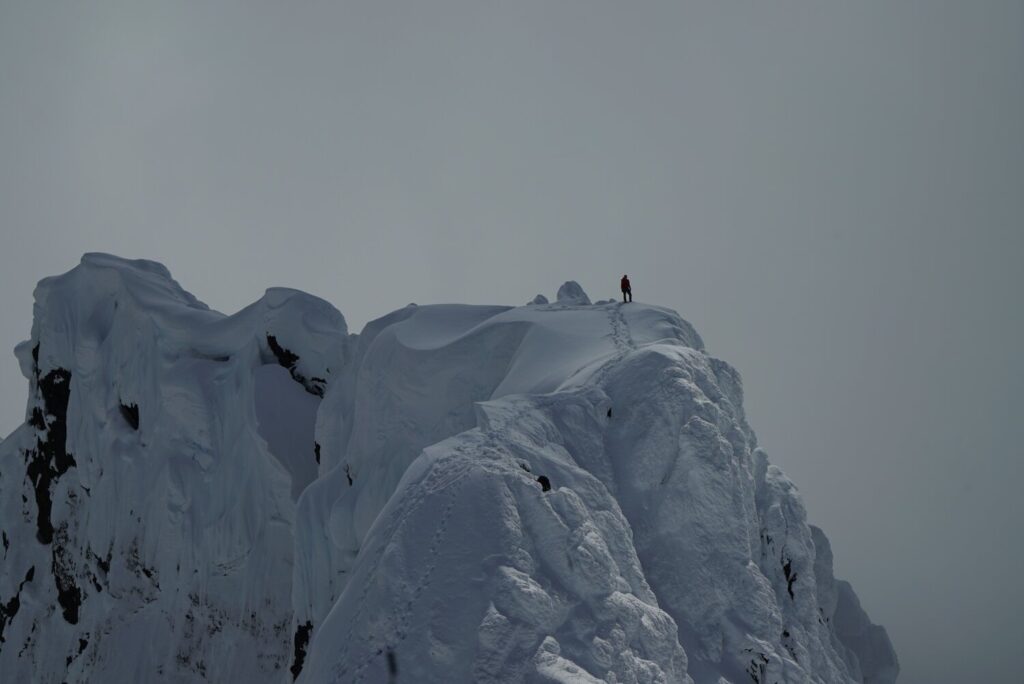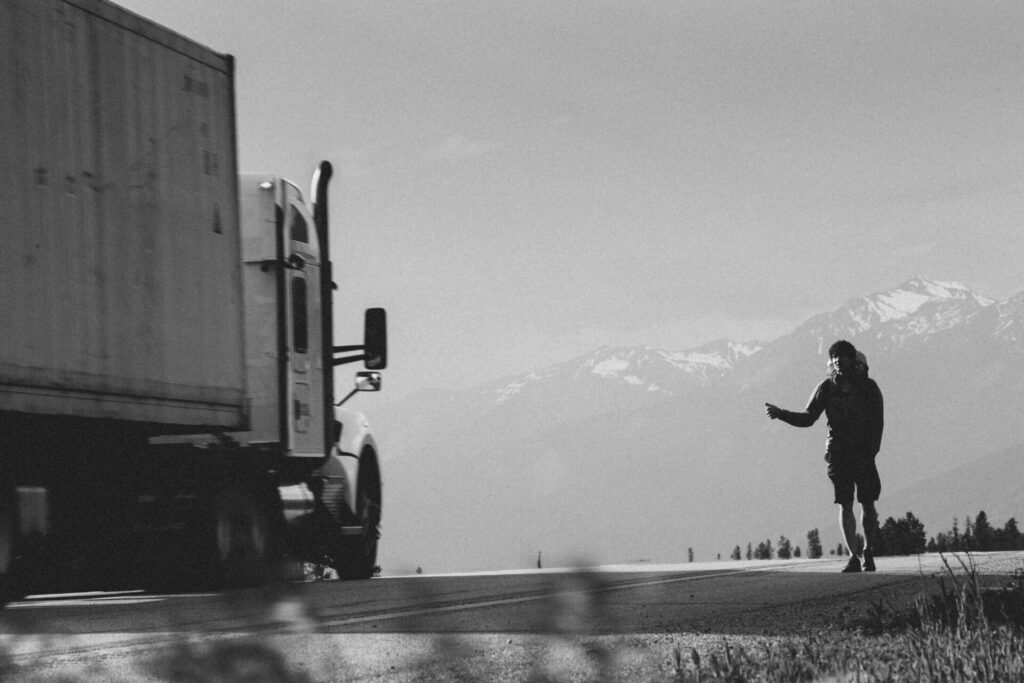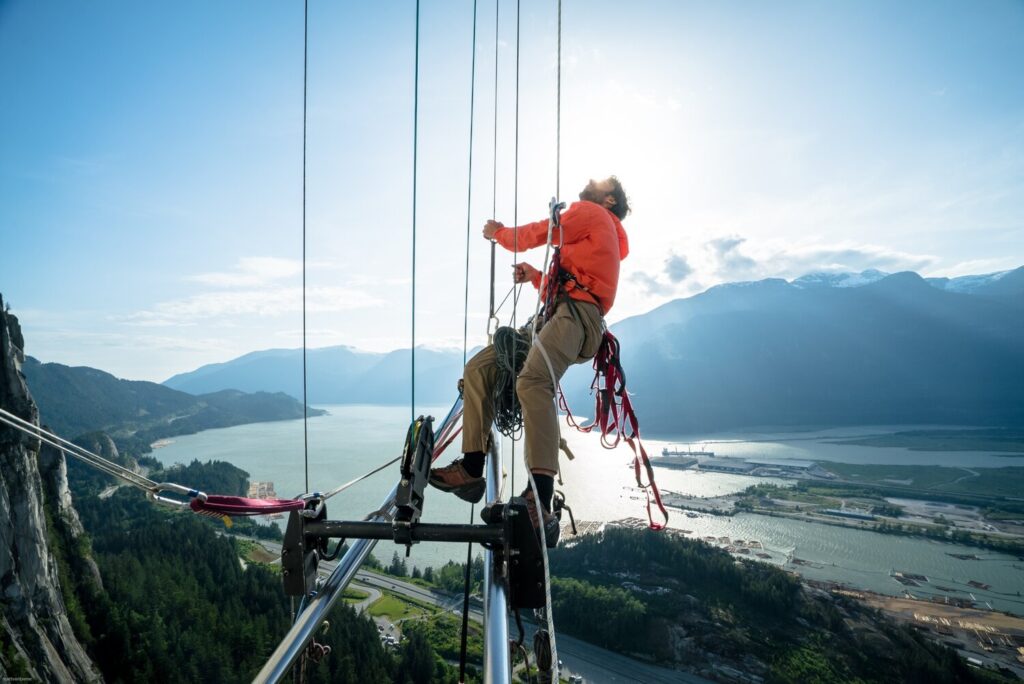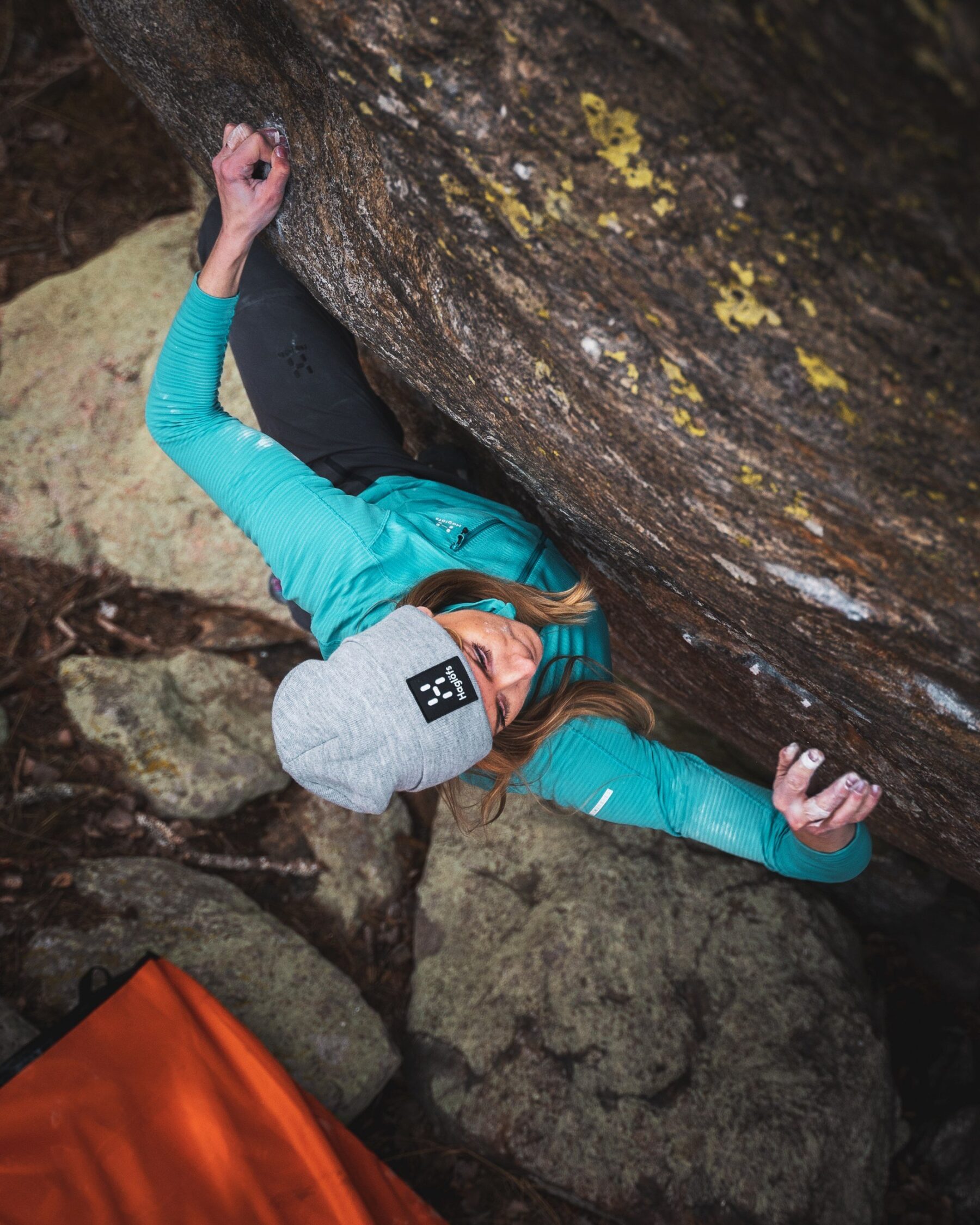As the sport of climbing turns from a niche pursuit to mainstream media event, Marc-André Leclerc climbs alone, far from the limelight. On remote alpine faces, the free-spirited 23-year-old makes some of the boldest solo ascents in history. Yet, he draws scant attention. With no cameras, no rope, and no margin for error, Marc-André’s approach is the essence of solo adventure. Intrigued by these quiet accomplishments, veteran filmmaker Peter Mortimer (of The Dawn Wall) sets out to make a film about Marc-André. But the Canadian soloist is an elusive subject: nomadic and publicity shy, he doesn’t own a phone or car, and is reluctant to let the film crew in on his pure vision of climbing. As Peter struggles to keep up, Marc-André’s climbs grow bigger and more daring. Elite climbers are amazed by his accomplishments, while others worry that he is risking too much. Then, Marc-André embarks on a historic adventure in Patagonia that will redefine what is possible in solo climbing.
The Alpinist is an intimate documentary of the visionary climber who follows the path of his own passion, despite the heaviest of possible consequences. Peter Mortimer with his co-Director Nick Rosen talk to BASE about making this unique film, and what Marc-André’s legacy will be.
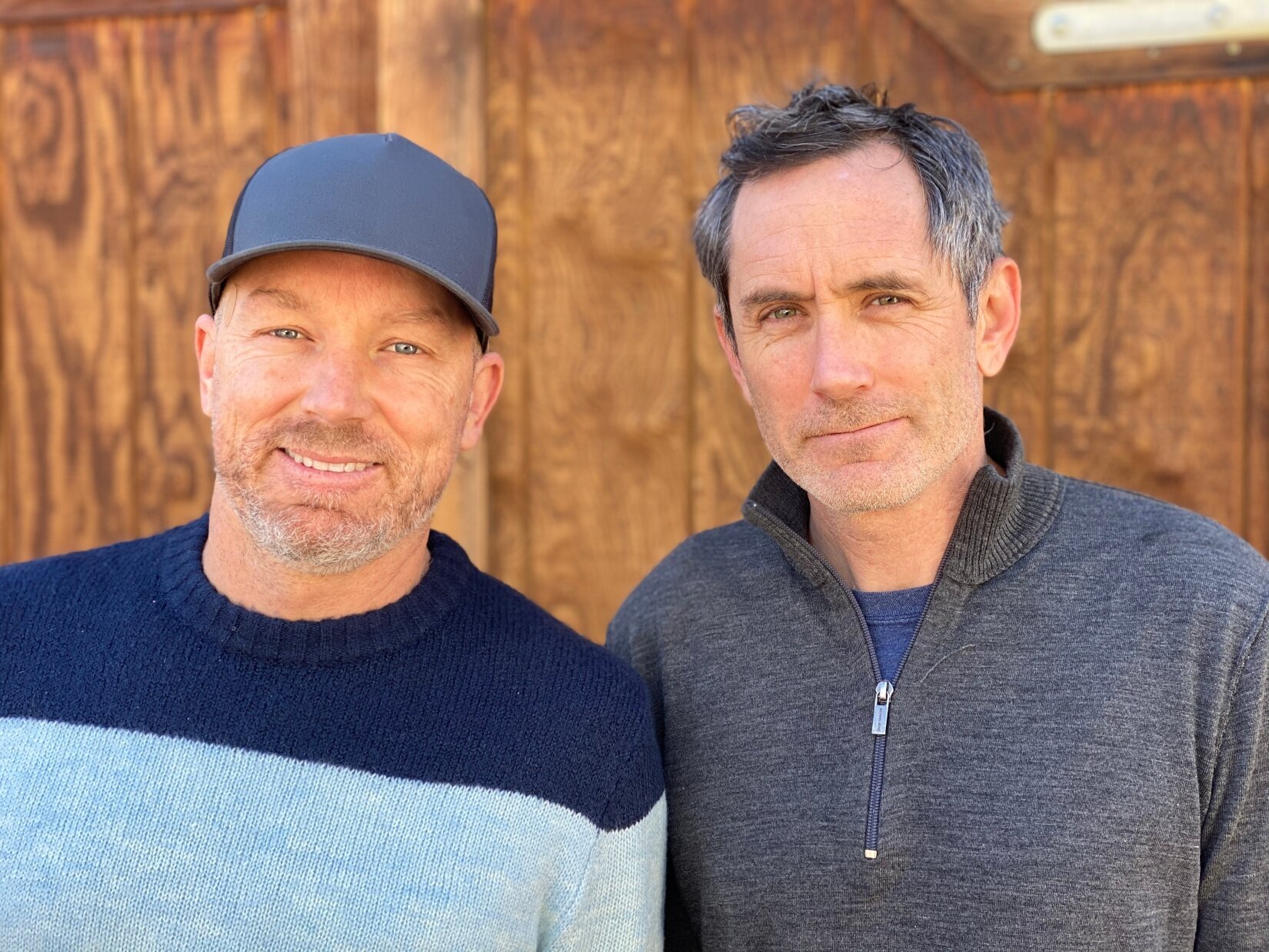
Hi guys, I’ve just finished watching The Alpinist and I think it’s the climbing film of the year by a country mile. The footage is literally jaw-dropping and it’s an achingly beautiful character portrait of Marc-André. Climbing on the big screen is rare and mainstream audiences might use Free Solo as a bit of a parallel for the film, like a reference point. But The Alpinist is such a unique story, about a unique individual, it makes me wonder if you draw inspiration from outside the outdoor industry at all and maybe mainstream directors, films or books?
Pete: Yeah. I mean, we definitely do in the sense that most of what we watch is outside of the outdoor genre, we watch a ton of stuff from the climbing and adventure and outdoors world because we’re just constantly looking for films for the Reel Rock tour. And we go to a lot of the festivals, but we are big film aficionados. And so I think a lot of the stuff that inspires us comes from beyond the outdoors world.
Nick: I think of things like Werner Herzog’s film Grizzly Man, I mean, a really different character, but someone drawn to the wilds for really personal reasons. Trying to unpack those, that was a big inspiration for me. And yeah, I mean, when you’re ‘in’ a film and you’re kind of trying to crack the nut and figure it out – I’ve kind of found that we’re not referencing things anymore. You’re just so deep in the story and your own footage and the character that you’re just building what you create, your own universe and then you’re building within that universe.
Pete: Some people kind of assumed that this is like an answer to Free Solo or something? Not realising that we made this film pretty much before Free Solo had come out. So that wasn’t really an influence.
A quick question on logistics: I particularly like the top down footage on the Stanley Headwall. I was actually holding my breath. It’s stunning. That’s way harder to get [those shots] than rapping in from the top of El Cap, right?
Nick: That is. Yes. So that’s Jonathan Griffith. He was the cameraman who was up on the wall. He’s British and lives in Germany.
He worked with Ueli Steck, didn’t he?
Pete: He did, that’s right. It is harder, I mean, the scale of El Cap is still much bigger than the Stanley Headwall. But the objective hazards and the moving around in that terrain and I mean, that’s a pretty complex feat. Snow, ice and rock. You know, those guys had to climb another big multi-pitch ice-route and rig everything up and get up there and be in position before Marc-André could climb underneath them.
And then stay really still?
Pete: And then stay really still! Yeah.
He’s a free spirit, but you don’t approach these things with a wild man’s attitude
Can I ask a bit about Marc-André’s character? So there’s a juxtaposition in that he seems so singular and unique. There’s a dichotomy between how humble and quiet he can seem, but it’s allied to quite powerful words and deeds; and that paradox seems to translate directly into his climbing: He’s undertaking these outrageous endeavours, but they seem borne of a desire for serenity and solitude. So what were your personal takeaways from getting to know him in person, especially with regard to that sort of polarity?
Nick: I think that I couldn’t have said that better!
Pete: Can we, er, just pretend that one of us said that? Yeah?
But what did it mean to you on a personal level? To know someone like that with these extreme opposites? Like a conflict. Did it lead to them being a high achiever or was it ultimately costly?
Pete: Both sides, are crucial to the film we made. On the one hand, you know, we were really drawn to the kind of humility and reticence that Marc naturally has. He’s a shy guy. He’s socially awkward, as Brett says in the film.
Nick: But then when you start to sit down with him and talk to him about this stuff, it becomes obvious that he’s really quite eloquent and a deep thinker. Then at the same time, these climbs that he’s doing – as you know, he cannot be entirely humble to put those out there. He’s a free spirit, but you don’t approach these things with a wild man’s attitude. He’s incredibly calculated, incredibly in touch with all of the data and extraneous factors in the big mountains.
Pete: You know, while Marc wasn’t so keen, it was such fun to draw the contrast between him and Alex Honnold. The fun competitiveness that Alex had with him on the Grand Wall speed record, for instance. And you know, Alex loves speed records. He loves to burn people off, he’s self avowedly competitive in that way, and it’s fun. But Marc is really different. As Alex says in the film, more of a spiritual guy, like Marc was ambitious and I think had a sense of almost historical competitiveness.
Nick: He is up there kind of comparing his climbs with Hermann Buhl or Reinhold Messner. And so it’s not to underplay that he didn’t have a kind of ambitious approach, because he did.
Alex Honnold talked about his performance background from gyms and understanding the numbers and grades and training. But it’s never really mentioned that Marc André must train? He’s obviously put in his 10,000 hours at some stage too?
Nick: Yeah, but different in that he was not in a gym, you know, doing fingerboard workouts and pull ups. He’s just going out there actually practicing the activity so much that it became honed.
Pete: That was kind of terrifying to think about: just how much time he spent out there in the mountains. And I mean, he had so, so much… just so much time in the mountains. He was just climbing every weather window. And he grew up that way. So even before he became a Master, he was just out all the time on these adventures, like on the weekend, just – ‘Bye Mom! Be back Sunday night!’ and that’s what made him so comfortable out there.
But the flip side of that, in the mountains you know that there’s constantly objective hazards, which means that you can’t be out there with zero objective hazards. There’s always 10 percent or 15 percent danger. And you know, in the end, that is what got Marc. Just, an accumulation of low percentages. Small, localised avalanches, those things are happening all the time, the mountains are alive, as Marc says. It’s the catch. It’s one of the paradoxes of Alpine climbing that the only way you can get to know the mountains and get as comfortable as he was, is to be out there all the time. But the more you’re out there, the more you’re just adding up the percentages against you. The things out of your control every time you’re out there.
This is another tragic irony for him as well, right? Everything he’s done over those years rope free, building up to soloing Torre Egger, and then he’s had a fatal accident when he’s roped up with someone…
Nick: Yeah. We’re pretty sure he died on a rope rappelling. That he was on the end of that rope and is buried. And maybe it is 200 feet from where they left their skis to do the climb, you know?
I think I first saw the Alpinist teaser in Reel Rock 14, which was a couple of years ago. So I’ve got a question about style, and I hope this doesn’t come out the wrong way: That trailer totally stopped me in my tracks, it’s got almost no soundscape. You can hear the breath, the crampons crunch, and the wind, and it’s so stunning because of that purity. But then I didn’t see it again until the 2021 trailer came out. And that’s overlaid with dramatic music on it, and has heavy, breathless dialogue…
A distinct style change, but then the film’s not so much like that second trailer, it’s more true to the original teaser. What happened there?
Nick: Yeah, I mean, when Universal were our partners in this film, and when you release a film with Universal and NBC, these are heavy hitter distribution companies. You don’t end up actually making your own trailer at that point. And in this case, we did not. We had a lot of notes and input. I was initially taken aback by the kind of Hollywood sort of style, the blockbuster style. But I quickly realised that those guys really know what they’re doing, and I think they did a really good job on the trailer, ultimately. You know, I appreciate that those guys are bringing a film language that communicates with mass market audiences. So, you know, kudos.
Pete: Yeah, I think the trailer does feel big. But it also has some really nice, quiet moments, I think some of that still comes through. And I think you get a hint. I mean, clearly most people watching that trailer have not seen the teaser that we did and that teaser is really unique. You know, putting that on Reel Rock and pulling everything out and doing it so simple and so many people being like, ‘Wow!’ It informed the way we finished the edit of the film.
You know, we really slowed the pace down. We let Marc shine. I mean, not only in the climbing but we let things play out longer and more quietly than in other films we’ve done. But in the interviews, you know, there’s a couple of moments where we just let Marc talk. When he’s talking about being in kindergarten and how much he loved that, and how bad first grade was, or where he’s talking about taking six hits of acid and stuff. He’s so unvarnished in the interview. He’s clearly never been media trained, which is wonderful, and you see him wrestling with his facial expressions and telling his story in an earnest way. And so I think the whole pace of the film – and I love it – it came to reflect Marc’s pace and his rhythm. He’s a very thoughtful person.
Exactly. They’re strong words, but softly spoken. He’s got humility, but the actual words that he is saying are really powerful. On that though, I wanted to ask – did you ever get the ‘serious face’ shot when you’re sitting him down on the stool and asking him?
Pete: Nick, you were directing that?
Nick: I was directing that, but it wasn’t me talking. That was a photographer trying to get some professional production stills. I think they exist. I’ll send it to you if I can find it, that he finally got a mysterious Alpinist expression. That was so indicative of the kind of challenge with Marc, and the draw with that is: You can’t put him in a box. And yeah, that’s exciting.
Pete: He’s not playing the part. He’s just doing his thing.
A quick question about you guys: What were your routes into filmmaking? Did either of you go via college and academic study? Or was it more kind of freestyle and ground experience and for wont of a better expression – winging it?
Pete: Yeah, I went to grad school for film in Los Angeles, and Nick went to grad school in New York for journalism and international political journalism. So we both came at it with some level of storytelling… What do you call it? Training? So I guess education. But we were both climbers before that. For me, it was so long ago that it’s hard to kind of remember where that fits in to how much it influenced me or how much I learned there versus, you, I know we both made great connections and have met really fascinating people who we continue to collaborate with. Even people who work in different facets of the industry that have championed our films.
Nick: In the end, it’s funny because it’s a little bit like the influences when you’re making a film, you get so deep into these projects that by year two, you can’t remember what your training was, or who your influences were, what inspired you or who you’re trying to rip off! Or what cool techniques you learned. That’s all out the window and you’re just living there in this universe with these characters and this footage and trying to find the best way to put it together. It’s a non-linear process. The whole film career is very non-linear!
Is there a question from today that you wish you’d been asked that no one in your junket has brought up?
Nick: There’s a question that has been on my mind: So we finished the film a year ago and then we kind of have been working on other projects, right, because during the pandemic, it didn’t get to screen at festivals. So coming back to it is really fascinating, and watching it again with audiences and really thinking about it. And so the question on my mind is ‘what would I have done differently?’ because I’m like a concept film critic! Every film I watch, I’m critiquing. What would I have done differently there? What did they bring? That’s all I think about. I was lying in bed last night just thinking about what could I have done differently?
He’s clearly never been media trained, which is wonderful, and you see him wrestling with his facial expressions and telling his story in an earnest way
Don’t miss a single adventure
Sign up to our free newsletter and get a weekly BASE hit to your inbox
Other posts by this author
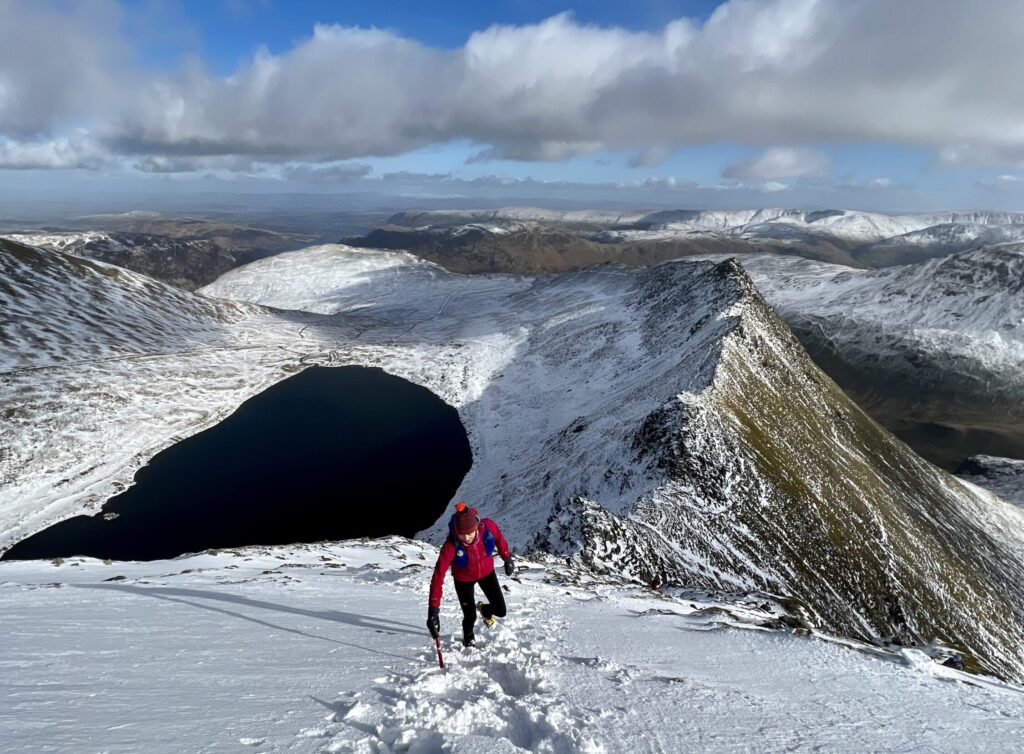
Story • Mark Bullock • Dec 22, 2022
In Favour of Ticklists
A subjective argument for hill and mountain route guides and indexes
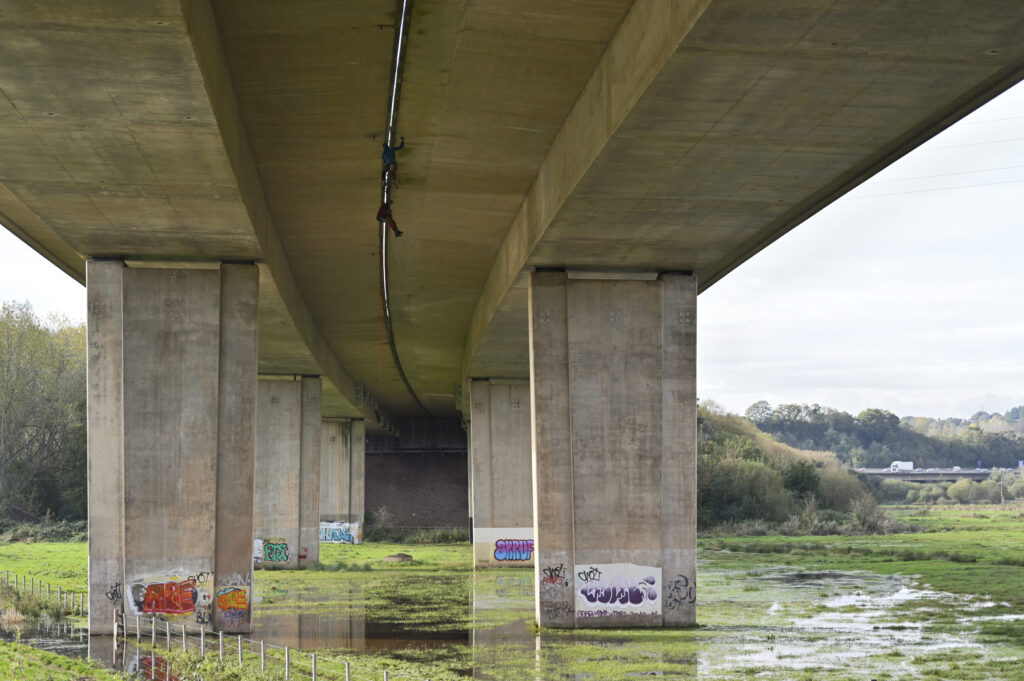
Story • Mark Bullock • Jul 22, 2022
Traffic Jam
How the underside of one of the UK's major roads became the temporary centre of the crack-climbing universe
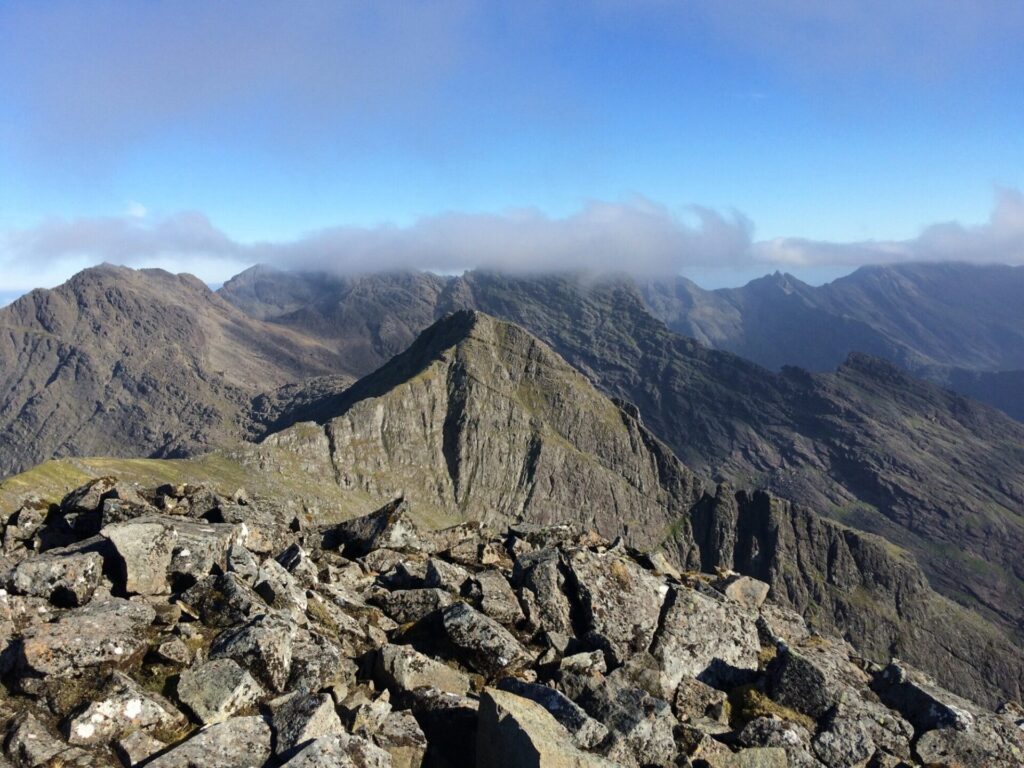
Story • Mark Bullock • Mar 17, 2021
Finding Rapture on The Cuillin Ridge
The timeless gift of digging deep in the mountains.
You might also like
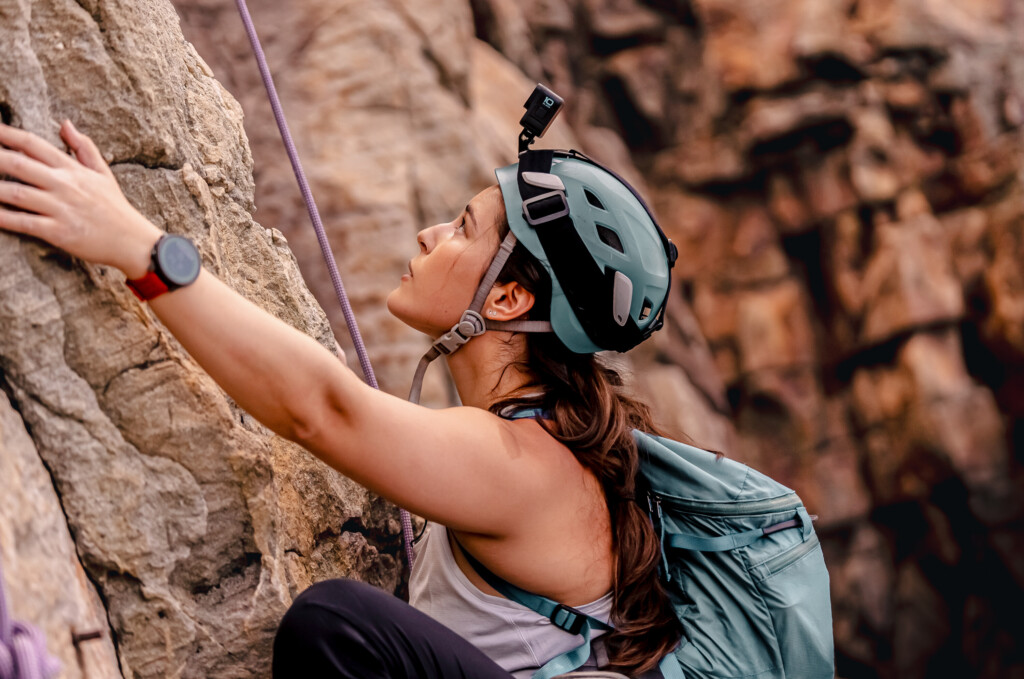
Photo Essay • BASE editorial team • Mar 18, 2024
Hunting happiness through adventure in Taiwan
BASE teams up with adventurer Sofia Jin to explore the best of Taiwan's underrated adventure scene.
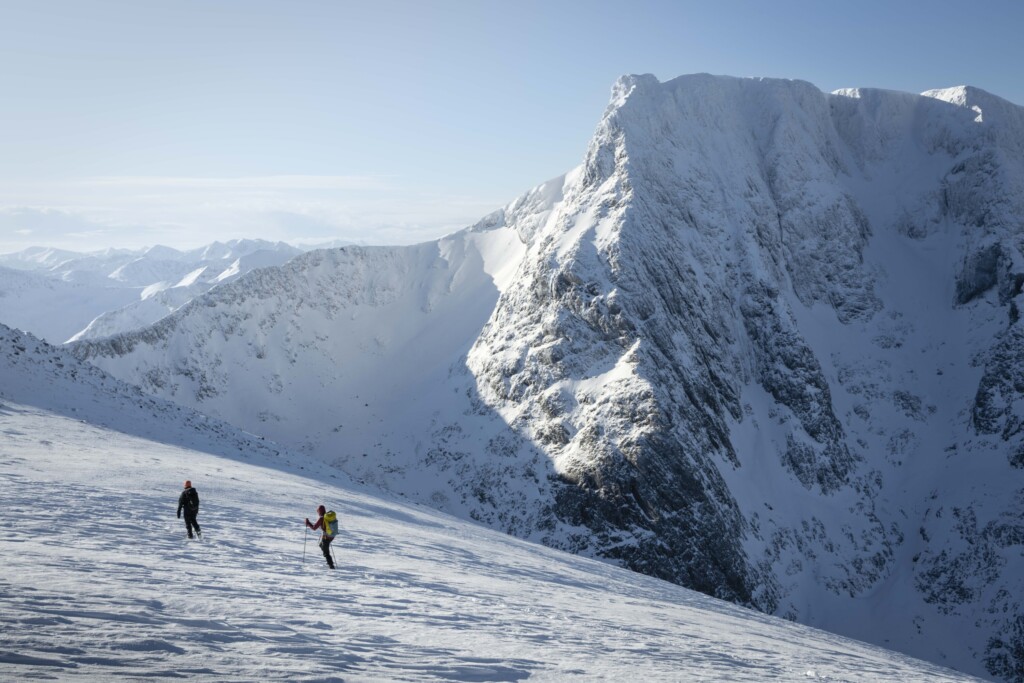
Story • BASE editorial team • Nov 21, 2023
Five Epic UK Climbs You Should Try This Winter
Craving a snowy mountain adventure? Inspired by the Garmin Instinct 2 watch (into which you can directly plan these routes), we've compiled a list of five of the best for winter 2023-24!

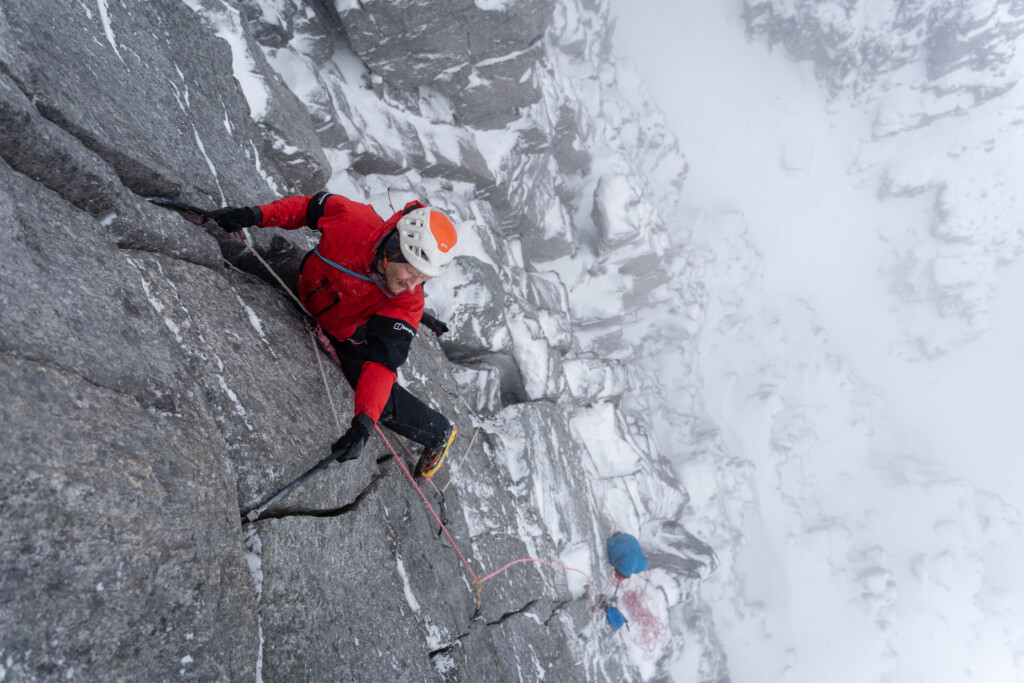
Video • BASE editorial team • Jul 21, 2023
Merging Two Lives: The Personal Journey of Hamish Frost
The challenges and triumphs of embracing sexuality in the outdoors
